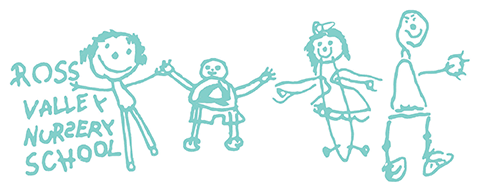The Value of Pretend Play
/When walking through the toy aisle at any major store, it can be challenging to see past all of the electronic and digital toys and games available. Although these toys may be attractive to both parents and children, buying simpler toys is recommended. Toys have evolved over the years, and advertisements may leave parents with the impression that toys with a ‘virtual’ or digital-based platform are more educational. Research tells us that the best toys need not be flashy or expensive or come in an app. What really is important that children are using their imagination. Play is essential to optimal child development because it contributes to the cognitive, physical, social, and emotional well-being of one’s self.
We all know that through play, children learn to interpret the world around them, enhancing the development of their cognitive, emotional, social, and physical skills, and their subsequent health and well-being along the way. Additionally, play-based learning prepares children for academic readiness and success, so it is important to optimize the environment to which the child is playing (See our recent post, How Children Learn). The best toys are those that support parents and children playing, pretending, and interacting together.
Although media-based toys, like videos, computer programs, and books with voice recorded reading, make claims to be interactive and educationally beneficial, the AAP (American Association of Pediatrics) says that these claims are unsupported. You just don’t reap the same rewards from a tablet or screen. And when children play with parents – the real magic happens, whether they are pretending with toy characters or building blocks or puzzles together.
Children can engage in pretend play with toy characters, like dolls and animals. They can also pretend with toy objects, like food and building. Pretend play can help children learn to use words to imitate, describe, and cope with actual circumstances and feelings.
Problem-solving is another aspect of child development that toys can facilitate. Children can play with blocks and puzzles to develop their fine motor skills, language and cognitive development, spatial awareness, and early math skills. Helping with baking and cooking in the kitchen this holiday season is another way they can learn and get their hands messy while spending quality time with you. These are just a few ways that simple toys can aid in children’s development. Children’s skills develop best when they play with their parents and other caregivers. So pull up your sleeves and grab some toy food. Get ready to engage your own imagination to help your child develop theirs!


